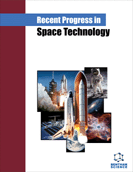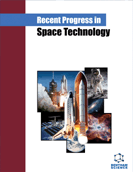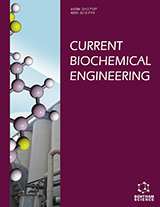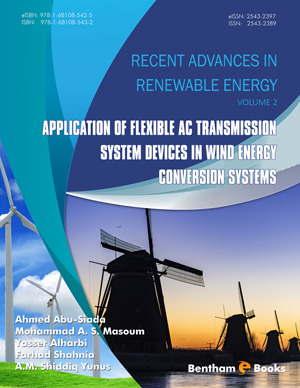Abstract
The groundwater cycle is one of the most vital elements of life. This is the
sole cardinal provenance of potable agricultural and industrial water. Underground
water may be of good quality for cooking and drinking (potable) or it can be medium
quality (domestic and industrial) or have another inappropriate quality for any use due
to various contaminations. Heavy metals, minerals, and other factors can be present in
the water. Septic systems can be contaminated by natural and artificial sources. There
are many artificial polluting sources, such as chemicals, fertilizers, and mining
activities, and there are also natural ones, such as seawater intrusion, geothermal brine
seepage, and rock water leaching. Health hazards are associated with contaminated
water. Groundwater contamination can lead to degrading surface water systems, loss of
water supply, poor quality, or even no, and drinking water. It is well known that water
is an essential part of life, and all animals, including humans, need water in order to
persist. Throughout this paper, we have examined the health effects, environmental
impacts, and prevention of groundwater contamination.






















